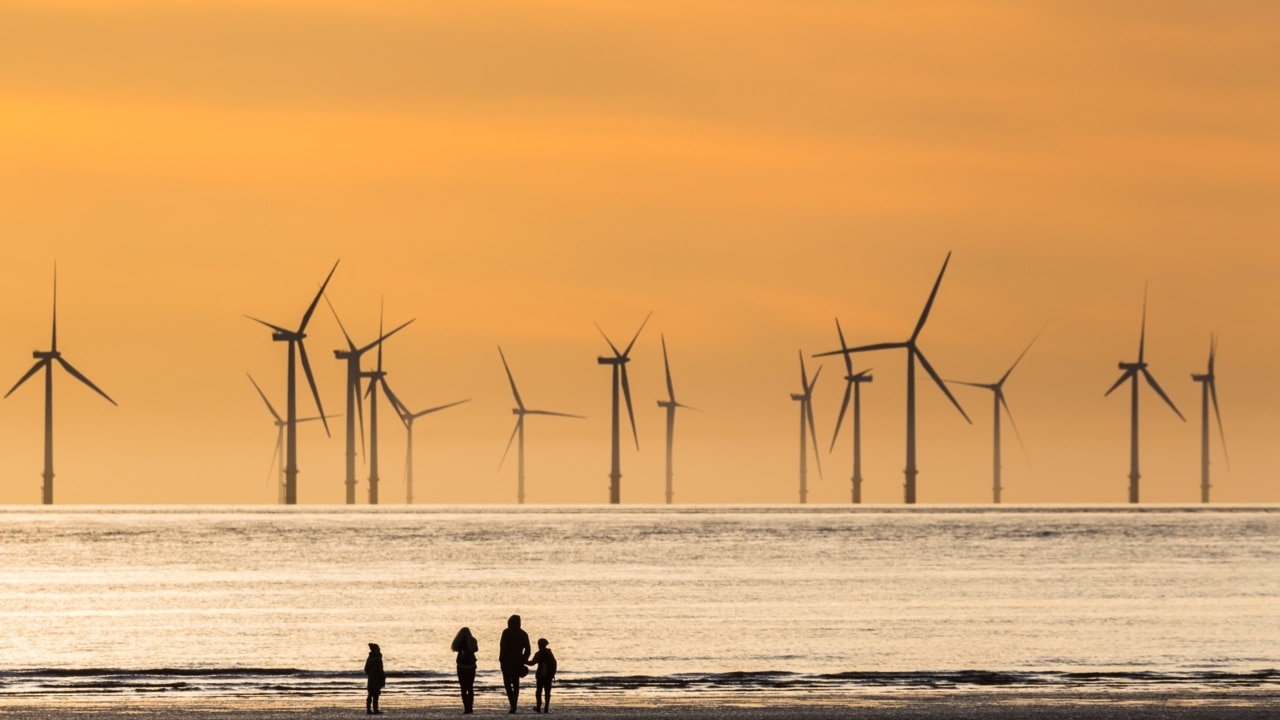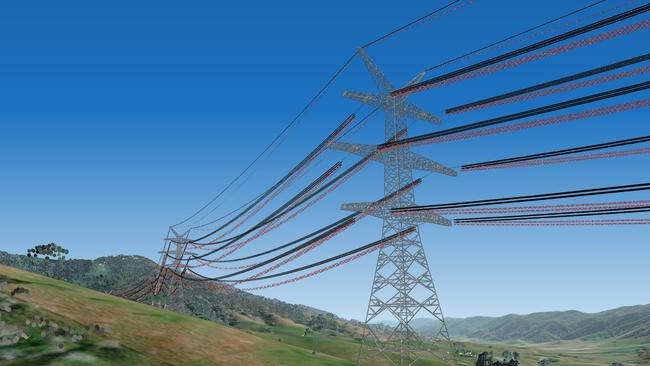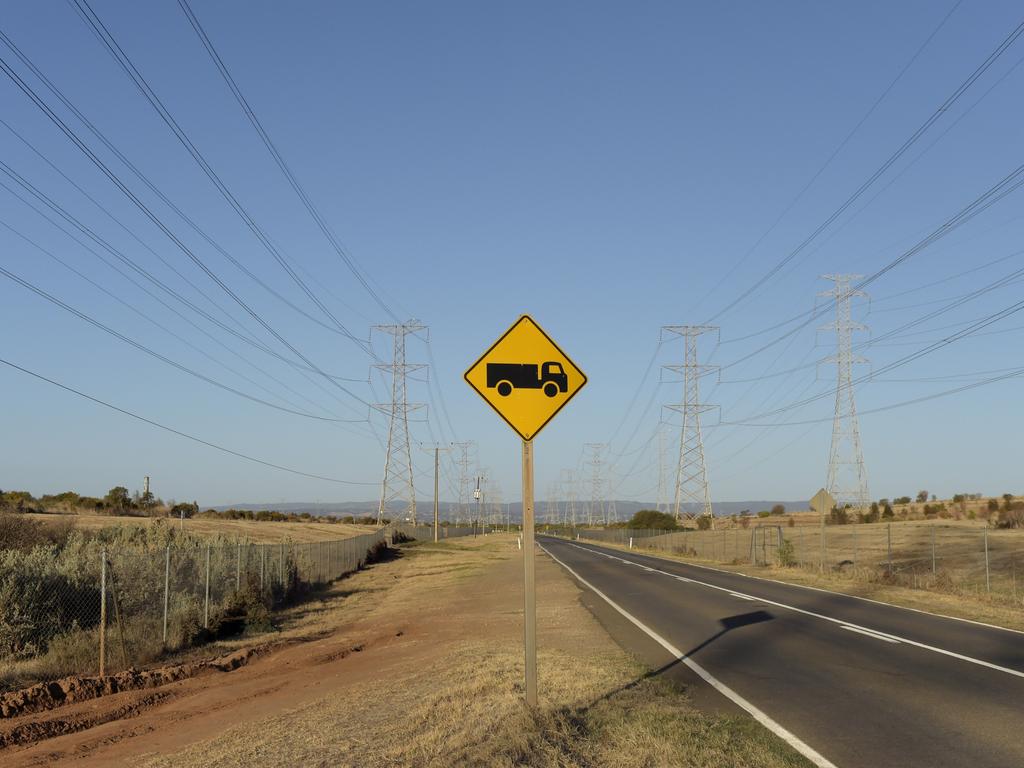Delaying transmission rollout could add 60bn tonnes of CO2, temperatures will soar, IEA warns
Urgent action is needed to roll out high voltage transmission lines to transfer new renewable energy, or 60bn tonnes of carbon dioxide will be emitted between 2030 and 2050.

Any delays to global efforts to build high-voltage transmission lines to transport new renewable energy generation will add 60 billion tonnes of carbon dioxide to the atmosphere between 2030 and 2050 and drive temperatures well above the global target of 1.5 degree Celsius, the International Energy Agency has warned.
The findings underscore global challenges of building infrastructure to support efforts to wean off fossil fuels, with the high-voltage poles and wires emerging as the biggest bottleneck to the transition.
Australia is struggling to build the 10,000KM of transmission lines it needs to install by 2050 as projects struggle to overcome pockets of local opposition despite efforts by state government to offer lucrative sweeteners.
Renewable energy developers will not proceed with investments to establish new solar or wind generation projects until they have assurances they will be able to connect into the grid, risking Australia’s ambitious renewable energy targets.
But the IEA, an intergovernmental organisation that provides policy recommendations, analysis and data on the entire global energy sector, said the issue is a worldwide problem.

The IEA said it estimates that 80m KM of power lines will need to be built or upgraded by 2040, and spending will need to more than double to in excess of $US600bn ($943.6bn) a year by 2030. The agency said spending on transmission has largely remained stagnant in recent times.
The figures are even starker when examining just developing countries, many of whom are some of the most fossil fuel dependent and largest emitters.
Emerging and developing economies, excluding China, have seen a decline in grid investments in recent years, despite robust electricity demand growth, the IEA said.
IEA executive director Fatih Birol said global efforts to commit and work to ambitious energy targets will be undone without the transmission work accelerating.
“The recent clean energy progress we have seen in many countries is unprecedented and cause for optimism, but it could be put in jeopardy if governments and businesses do not come together to ensure the world’s electricity grids are ready for the new global energy economy that is rapidly emerging,” he said.
“We must invest in grids today or face gridlock tomorrow.”
The IEA said countries that can must with urgency, as there is a long lead time to upgrade existing lines or build new ones entirely. New grid infrastructure often takes 5 to 15 years to plan, permit and complete – and many renewable energy developers will only agree to spend millions of dollars to build new renewable energy generation when new grids have been finalised.
To overcome the issues, the IEA recommended expanding and strengthening grid interconnections within countries, between countries and across regions to make electricity systems more resilient and allow them to better integrate rising shares of solar and wind power.
Wealthier countries must also aid their developing allies.
“By mobilising financing, providing access to technology and sharing best practices on policies, leading economies can help improve people’s lives, strengthen sustainable development and reduce the risks of climate change,” said Mr Birol.







To join the conversation, please log in. Don't have an account? Register
Join the conversation, you are commenting as Logout